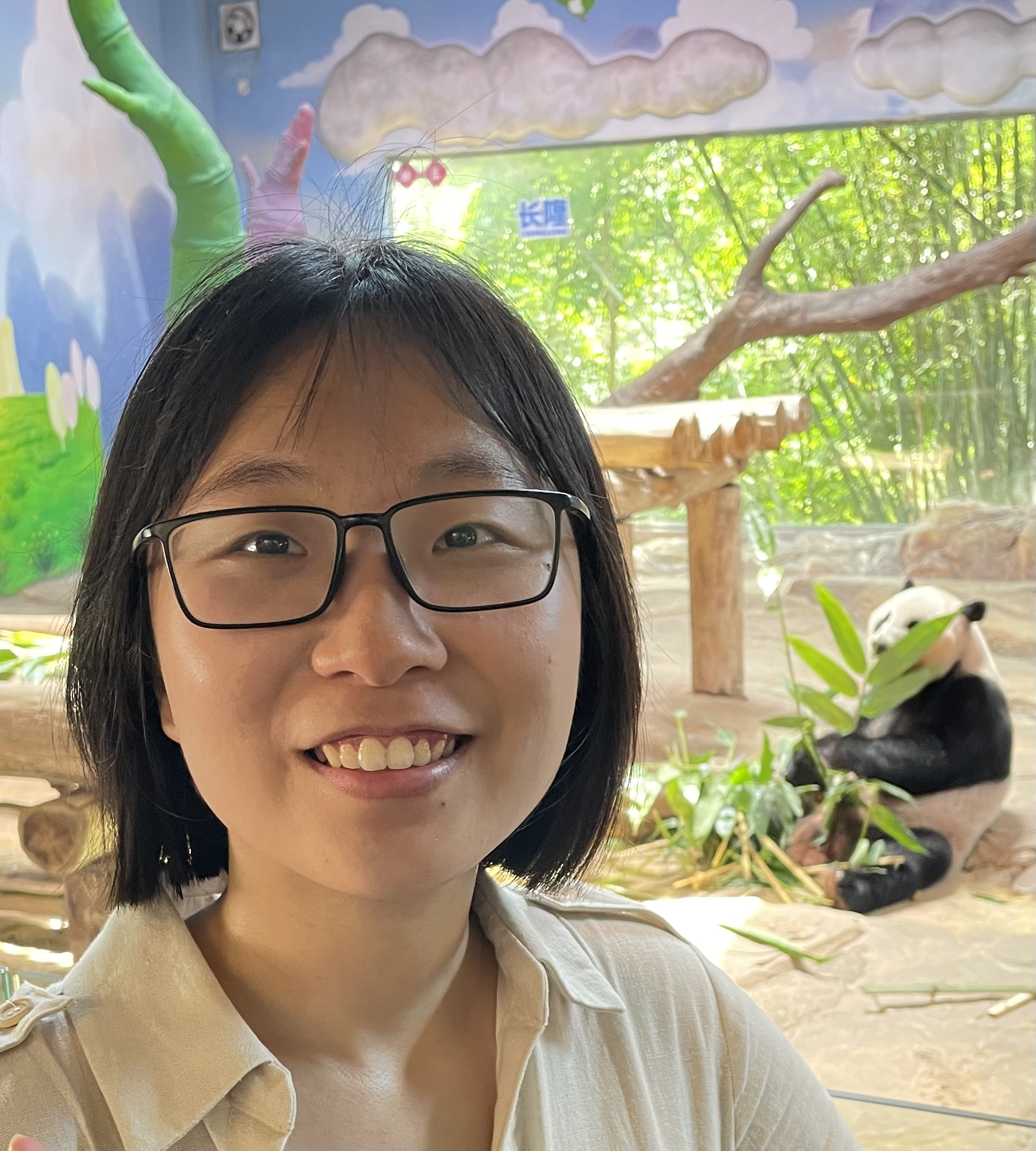A Machine Learning Approach To Study The Cooling Effects Of Urban Green Spaces (UGS) in the Southeast U.S.
November 13, 2024 11:00 am (Central Time)
Recorded VCO
Abstract
Global urbanization and population growth have led to numerous environmental and ecological challenges. Specifically, the concentration of developed areas and increasing populations consistently worsen urban thermal conditions, culminating in significantly higher temperatures than those in suburban areas. This phenomenon is known as the urban heat island (UHI) effect. In the current work, we study the cooling effects of urban green spaces (UGS) defined as land that is partly or completely covered with vegetation, such as trees, shrubs, grass, or other plant life. By leveraging remote sensing data to identify UGSs and analyzing historical meteorological data (temperature, humidity, wind), this research aims to compare the UHI intensity of areas surrounding UGSs with those of non-UGS regions in the Houston metropolitan area. Convolutional Neural Networks (CNNs) will be employed to model and predict the UHI effect around UGSs and across other city areas lacking green spaces. The study will also forecast future UHI scenarios, based on potential changes in the size and distribution of UGS in both UGS and non-UGS areas. The findings will provide valuable insights for urban planners to optimize green space distribution for improved thermal regulation and urban resilience.
This presentation represents the research conducted by one of the I-GUIDE Summer School Teams (August 2024, Boulder, Colorado).
Speakers

Yuanquan Li
UNICEF
As a Global Climate Action Fellow in UNICEF, Yuanquan integrates geo-spatial perspectives and technologies into UN systems and explores convergence possibilities between policy and science communities. He received his undergraduate degree at Wuhan University and masters degree at Tsinghua University.

Ruowei Liu
University of Georgia
Ruowei Liu is a Ph.D. candidate in Department of Geography at University of Georgia. Her research focuses on understanding the sampling bias of location-based big data based on geospatial analytics methods. She is highly interested in applying the methods of geospatial data science to the field of environmental sustainability.

Maria Gorret Nabuwembo
University of Arkansas
Maria Gorret Nabuwembo is a MSc. Environmental Dynamics Student in the Department of Geosciences at the University of Arkansas. Her research interests include Remote Sensing, Geospatial Analytics, UAV technology, and Geomatics, with applications in agriculture, water management, and climate change.

Wenxin Yang
University of California, Santa Barbara
Wenxin Yang is a PhD student of geography at UC Santa Barbara interested in leveraging geospatial informatics to approach biodiversity conservation challenges.